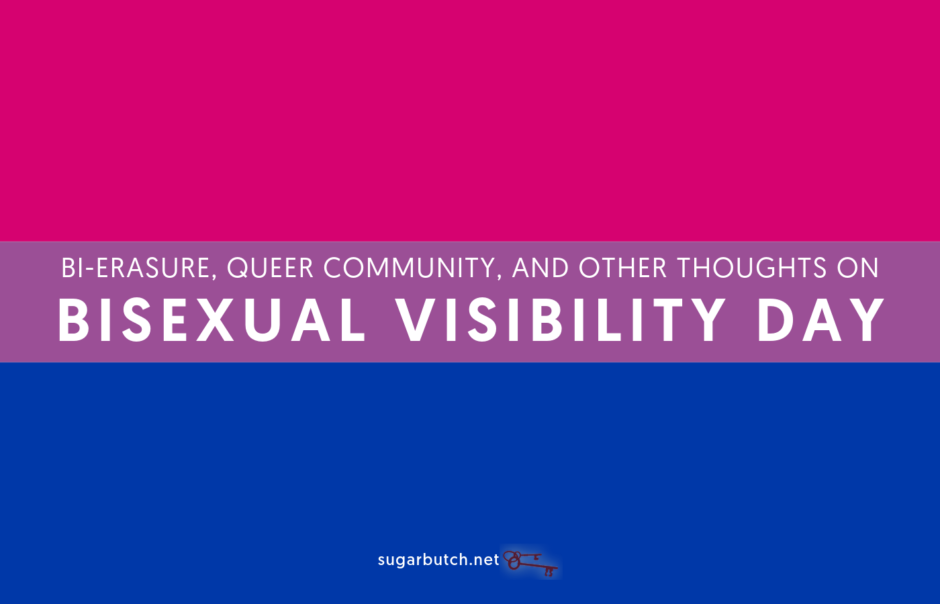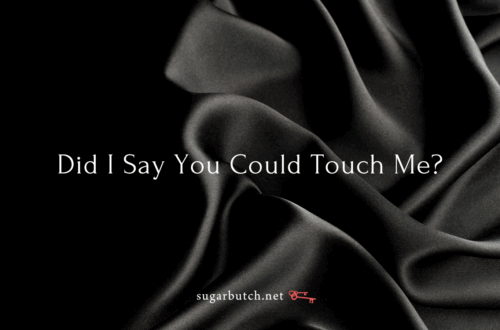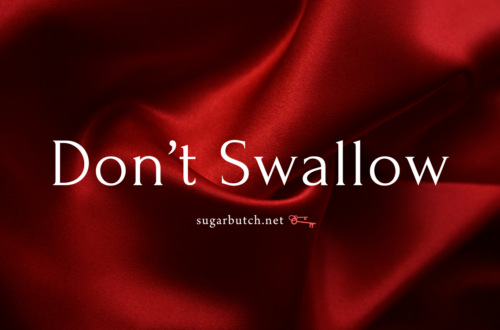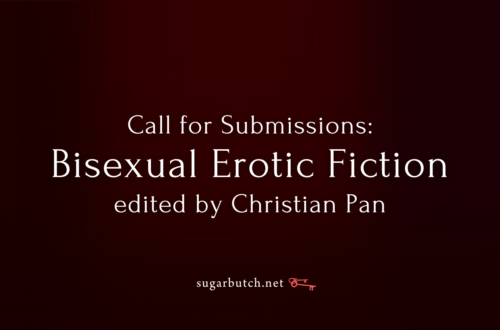It’s Bisexual Visibility Day!
Here’s a few things I want to put out there that are often misunderstood or stereotypes about bi folks.
Bisexual Doesn’t Necessarily Mean Two Genders
Some folks think “bisexual” is antiquated because bi means two, and it’s referring to being attracted to two genders. I have seen some great breakdowns about “bi” from a linguistic standpoint, and that the prefix bi can mean “from one end of the polarity to the other,” not necessarily “one thing and it’s opposite” or “two things.”
People can use whatever identity words they decide for themselves, let me be clear! If the word doesn’t work for someone, cool. I’ve heard people say that even agreeing that bisexual means attraction to lots of genders, they still don’t want to use the word, because the predominant understanding of it in culture is still meaning two. I always intend to support whatever words work best for you to describe yourself.
Bisexuality is Not A Phase
It is a legitimate sexual orientation, not a stop-over between compulsory heterosexuality and coming out as queer.
Except, you know, when it sometimes is, which is also fine.
Bisexual people belong at Pride.
And bisexual people are not always visibly queer, so there can be judgement, exclusion, and dirty looks at queer gatherings and pride events. This lack of inclusivity is part of bi-erasure, where bisexual folks are accidentally or intentionally excluded from queer community and events.
People, c’mon: do better.
You can’t necessarily tell if someone is queer by looking at them. Repeat that until it’s embedded in your brain. Also repeat, you can’t necessarily tell someone’s gender by looking at them.
Trans People Can Be Bisexual!
Many trans people identify as bisexual, just as many cis people do. Sexuality & gender are different things!
Bisexual Folks Aren’t Necessarily Polyamorous
Bisexual people aren’t necessarily polyamorous or generally slutty. They can be just as monogamous, polyamorous, open, slutty, or kinky as any other person of any other sexual orientation!
And that leads me to: people are still bisexual even if they’re in a monogamous relationship.
And on a personal note …
I’ve been thinking about being bisexual lately, and my own relationship to it, which is what is prompting me to write this.
Being a butch who has historically dated femmes, now that I’m dating a trans genderqueer boy/boi, I sometimes feel like part of my identity is lost or invisible.
I’ve had a lot of pushback for dating a boy, especially because I was so visible as a writer on butch/femme theories and smut. People have expressed disappointment, sent hate mail, left mean comments, and even accusations of misogyny (which, actually, I take very seriously, but it seems to be exclusively based in not dating a femme anymore, which in my definition isn’t the same as misogyny).
It’s been hard to have lost that visible identity as a butch who loves femmes, as well as receiving criticism.
I don’t usually think of myself as bisexual, partly because he is (so) exceptional and I still feel oriented to femmes, and partly because I’m not really involved with explicitly bisexual community so it’s not something that I’m around. (See how that implies that bisexual community is not within queer community? I believe it should be, & should be very welcome, but in practice, in my experience, it is separate.)
A lot of the concepts about bi-erasure and bisexual invisibility are really resonating with me at the moment. I’m really curious about folks who are bisexual go through some sort of process when they become monogamous — which doesn’t exclude who they are attracted to, but it excludes acting on those attractions, to some arranged and agreed upon degree. Is that something that is mourned by bisexual folks? Is there literature on that? As you can tell, I haven’t done any research on it yet — I’m just starting to articulate it myself.
I have heard people talk about that the difficulty when they are in a relationship with someone who transitions, and their sexual orientation is perceived to have changed by others, when in fact it may not have. It can create a feeling of invisibility, too.
I’m curious about the way the world — and the queer community specifically — perceives bisexual identities, and how much the orientation perception is really limited to who that person is with at the moment.
I primarily call myself queer when referring to my sexual orientation, though I do resonate with the lineage of lesbian and dyke. I wouldn’t correct someone if they used those terms. Bisexual still feels uncomfortable and not quite right, personally, but I am curious about some of the theory and how it relates to my current relationship structure.





Great post! I’ve drafted a long reply that I’ll post at some point.
As a sex therapist is is also Queer/Bi, I would say absolutely! To your question about whether there can be some grieving in the Bi community when romantically committed to one gender. I personally experienced it in my first marriage, a monogamous coupling with a cisman. As a therapist I frequently see this with people coming to terms with their bisexuality after committing to one gender, and never having had the experience of dating another gender to whom they discover they are attracted. A research journal you might check out is the Journal of Bisexuality, published by Routledge and found at http://www.taylorandfrancis.com
I do appreciate how you brought up that bisexuals can be attracted to more than two gender identities and also that we can be trans as well. I’ve had a few experiences where pansexuals will describe the differences between pan and bi in a way that kinda throws bisexuals under the bus and almost makes it sound like we’re transphobic. I identify as transmasculine (or a nonbinary butch) and I also happen to be bisexual, so I find it especially frustrating when someone implies my sexuality means a lack of attraction to genders similar to my own.